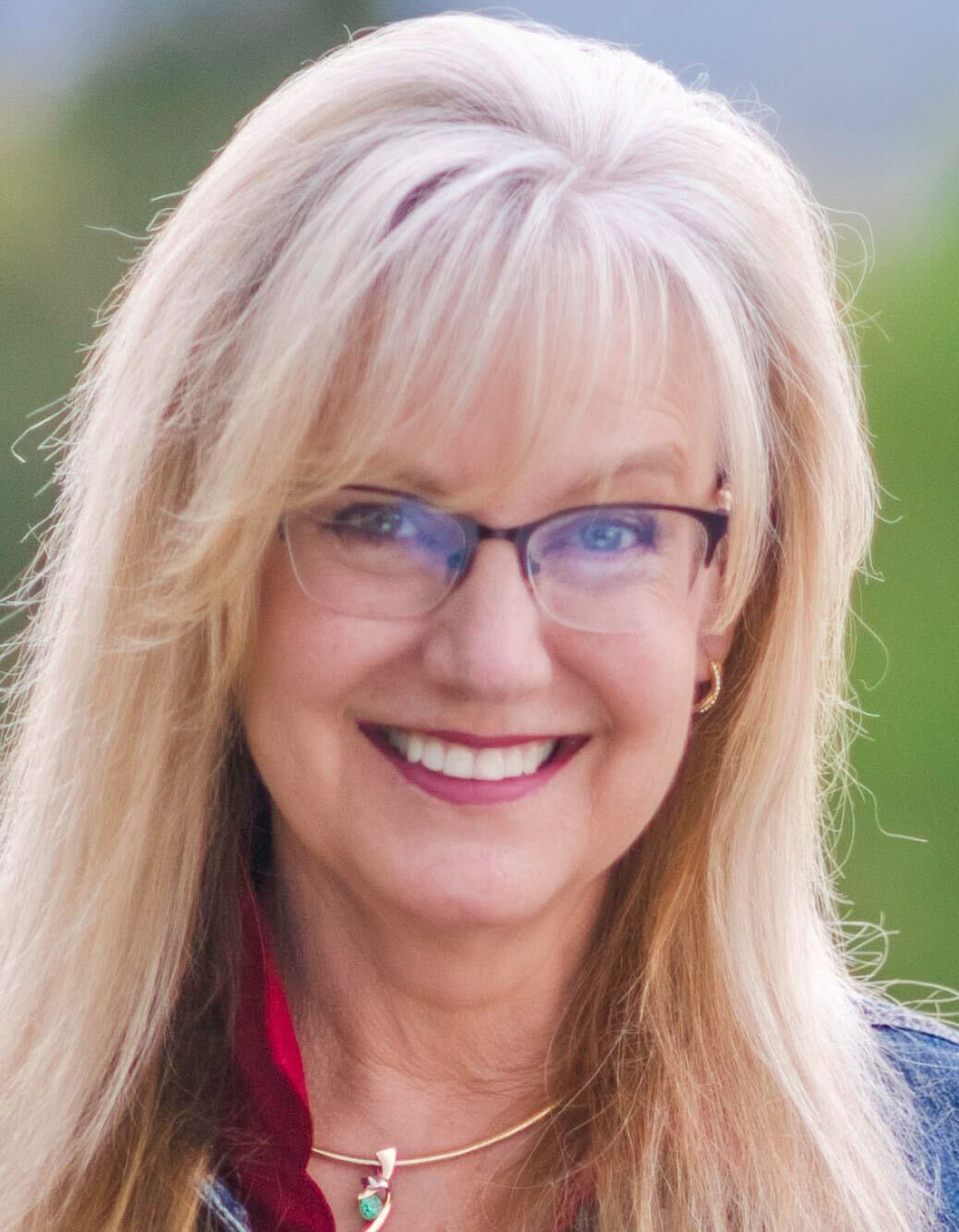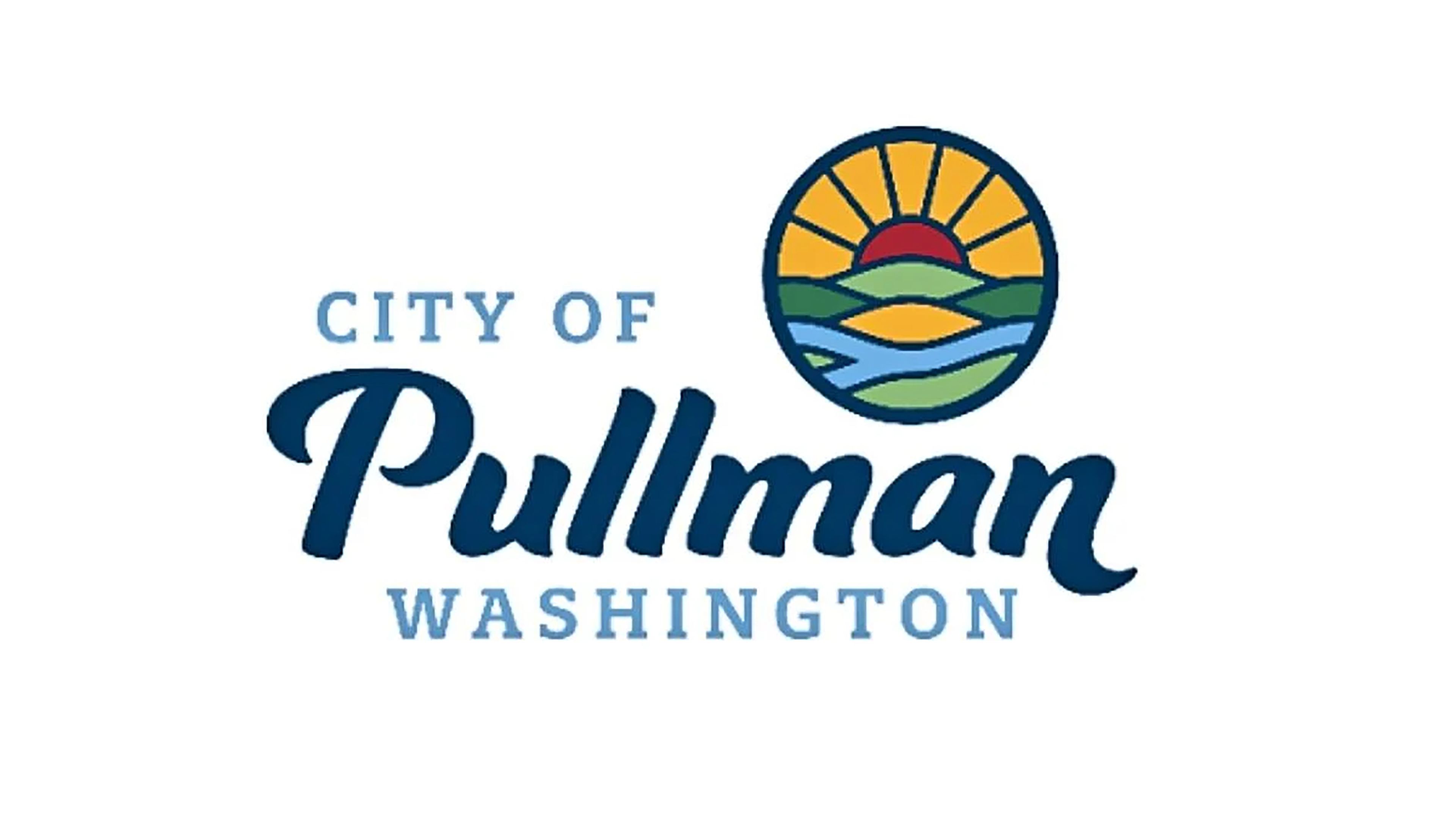District 9 candidates want better futures for rural communities
Incumbent Rep. Mary Dye is challenged by Patrick Miller for the state Legislature seat
Contestants for the Washington State House District 9 Position 1 believe that rural communities need a larger presence in the Washington state Legislature.
Incumbent Rep. Mary Dye, R-Pomeroy, will face opponent Patrick Miller, D-Cheney, for the two-year term.
Appointed in 2015, Dye is pursuing a fifth term in the upcoming November general election.
Sen. Mark Schoesler, R-Ritzville, is also up for reelection. He will essentially be reelected after garnering no challengers for the four-year term Washington state Senate District 9 seat.
When Dye, 63, isn’t kept busy by legislative work, she helps her husband with their family farm. She has a strong background in agriculture, graduating with a bachelor’s degree in plant science and crop management from the University of Idaho.
Her other elected experience includes serving as ranking member on the House Environment and Energy Committee and as a member of the Appropriations and Capital Budget Committees.
Miller, 45, is a station lieutenant at the Spokane County Fire District 3, who also works as a consultant and cybersecurity expert. He holds a bachelor’s and master’s degree in computer science from Eastern Washington University.
While this would be Miller’s first elected office, he said he has leadership experience managing and building a team of 40 people at Raytheon Technologies. He said that work in computer science is all about understanding complex systems and uncovering the root cause of failures, and he plans to approach legislation in a similar way.
Miller said that as he’s watched small communities struggle and storefronts remain empty in downtowns and after seeing no change on this side of the state, he decided to run for elected office.
Dye said this year was a rigorous session, and she is ready for another. She’s developed the skills needed to advocate for eastern Washington, she said, and she wants to continue giving rural communities a voice in Olympia.
Miller would like to tackle service deserts in the region by improving access to health care and child care.
Education is a big issue for Miller. He said schools in small towns are disadvantaged by a lack of funding, and he wants to modify a variety of legislation to provide all schools sufficient support.
He also thinks local businesses are important to keep jobs and money in the community. Miller said it’s challenging to compete with large corporations, and he believes small companies deserve more opportunities and incentives.
Dye said she is focused on the environment and economy, aiming to fight climate initiatives that threaten the free market.
She said policies like the Climate Commitment Act have cost taxpayers about $2 billion that would otherwise have stayed in the private sector economy. She also disapproves of the switch from fossil fuels to renewable energy and placing a cap on carbon emissions because they raise the consumer’s cost of living.
Dye supports Washington Initiative 2117, a proposition on the ballot that would repeal the Climate Commitment Act and prohibit any state agency from implementing a cap on carbon emissions with the goal to reduce greenhouse gas emissions by 95% by 2050.
She suggests keeping natural gas industries intact, and instead concentrating on forest regeneration to beautify the state and benefit the environment in the long run.
Miller, on the other hand, denounces Initiative 2117.
He said he’s seen the effects of climate change being a firefighter, and that there’s no doubt it’s real and affecting everyone. He’s in support of holding large polluters responsible and having them pay for contaminating the environment.
Miller said he brings a fresh perspective and a new set of eyes to the table.He wants to have the opportunity of representing the region.
Dye said she has almost a decade of experience advocating for rural communities, and she isn’t finished. She asks the public for a chance to continue.
Pearce can be reached at epearce@dnews.com.









